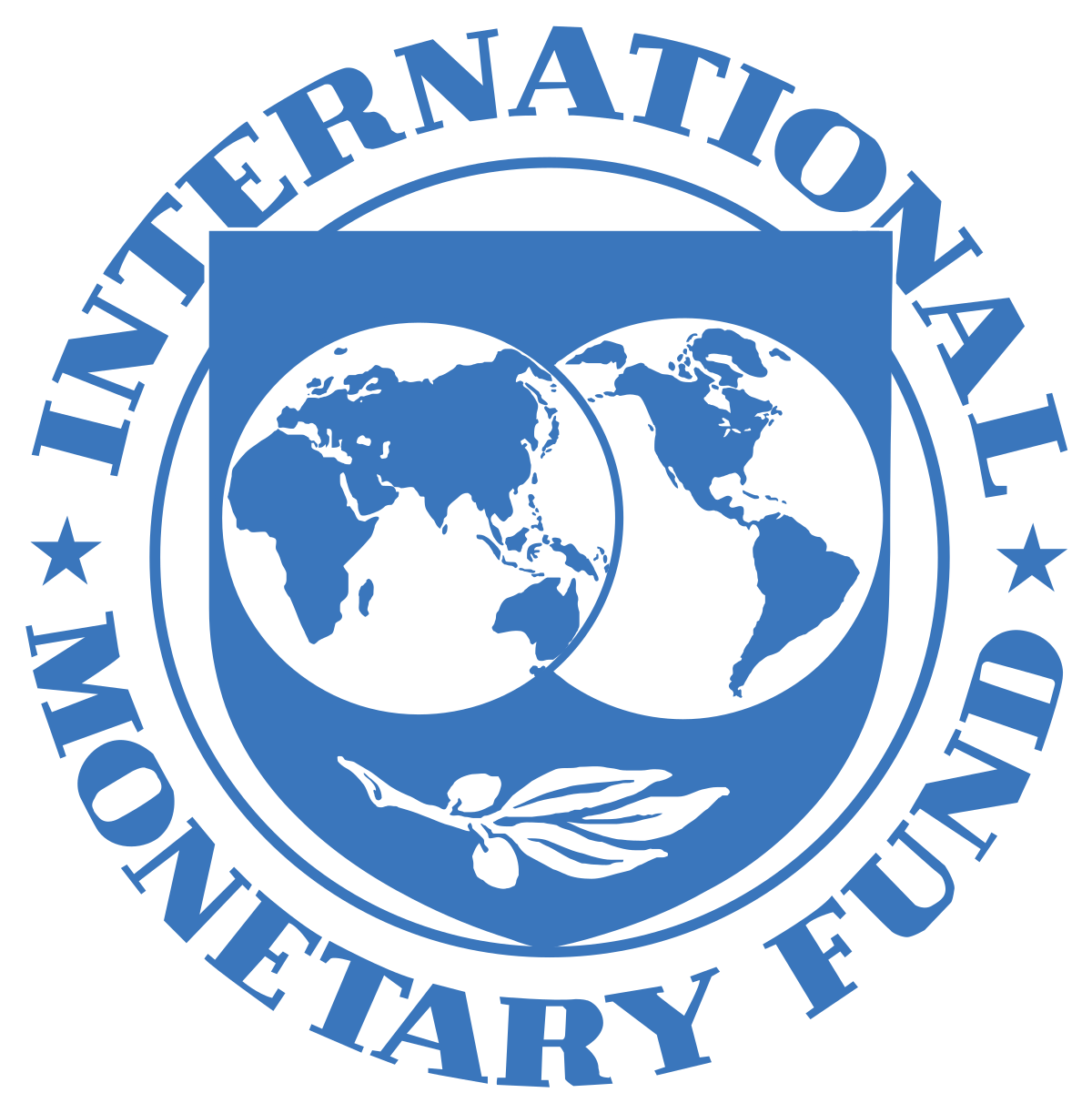
The recently agreed upon special arrangement by which the IMF has granted Pakistan $3billion over a ninth-month period is good news. What is worrying, however, is the rise in anti-IMF and anti-international financial institutions rhetoric that seeks to blame the lender not the country.
Going to the IMF is like going to the ICU – if a patient (country) goes to the hospital (IMF) 23 times in six decades then the problem lies with the patient not the hospital. Arguing otherwise may make you feel better but will not change the reality and will ensure that Pakistan keeps returning to the IMF multiple times in the coming decades.
In a recent column, business and economy journalist Khurram Hussain discusses this issue in detail. Hussain notes “I was asked the following question: is it true that when a country gets onto an IMF programme it is never able to exit and remains in the ‘clutches’ of the lender forever? The answer was obvious: ‘no, it is not true’. And then came the inevitable follow-up remark: ‘I’ve heard otherwise, somebody was telling me it is true.’ There is no debating or conversing with people like this.”
However, as Hussain points out, “This is very common in our economic conversation. Things that are easily verifiable turn into extended debates based on guesswork and deduction, usually based on something someone said and nothing more. In fact, so common is this practice that even at the top levels of our policymaking, critical questions facing the economy are frequently debated on the basis of guesswork, deduction and simply things people have said.”
Using the example of inflation, Hussain shows that while data is available “we continue with guesswork and things people say and little more. The data shows very clearly that every episode of high inflation in the past quarter century is preceded by a spurt of money supply creation. We don’t need fancy theories to understand how this leads to inflation. When a government prints money and the corresponding supply of goods and services does not increase in the same proportion, then it stands to reason that inflation will follow. The data shows this. Common sense tells us this. And yet guesswork dominates our conversation around inflation.”
Similarly, turning to power subsidies he said that these had minimal impact on exports or investment. “During the Covid pandemic, these subsidies were ramped up, which made sense, but once the lockdowns receded and normality returned, these exporters lobbied for a continuation of these subsidies. But the data was showing that these subsidies did nothing to promote exports. They raised issues with the data, but the government was reluctant to carry out further evidence-based assessments to determine whether these subsidies were yielding benefits in proportion to their costs. The resultant debate, cut off from evidence-based verification, descended into guesswork and storytelling as the way to make the case for continuation of the subsidy. Once that happens the loudest voice wins.”
In conclusion Hussain warns, “All successive governments have run massive schemes involving subsidised provision of energy, credit and other things to big industry. But when it comes to assessing the impact of these schemes, to determine whether or not they yield any benefits in proportion to the resources they absorb, there is hardly any work to speak of. All we rely on is stories (mostly those told by the beneficiaries themselves) or on deductive guesswork. And this is what perpetuates rackets more than anything else.”
![]()





